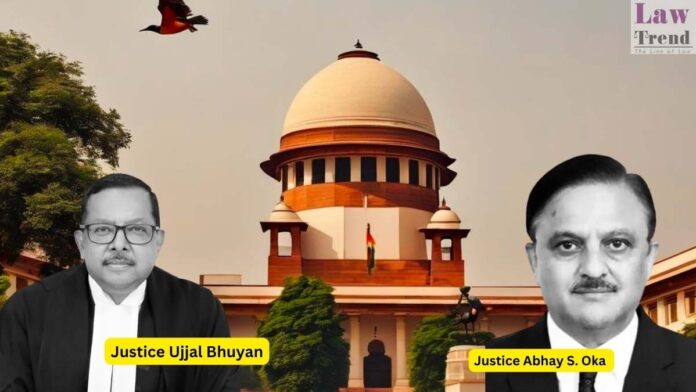In a ruling that reinforces the judicial principle of presumption of innocence in acquittal cases, the Supreme Court has dismissed the Union of India’s appeal challenging the Armed Forces Tribunal’s acquittal of Wing Commander M.S. Mander. The case revolved around charges of wrongful confinement and culpable homicide not amounting to murder, stemming from the death
To Read More Please Subscribe to VIP Membership for Unlimited Access to All the Articles, Download Available Copies of Judgments/Order, Acess to Central/State Bare Acts, Advertisement Free Content, Access to More than 4000 Legal Drafts( Readymade Editable Formats of Suits, Petitions, Writs, Legal Notices, Divorce Petitions, 138 Notices, Bail Applications etc.) in Hindi and English.




